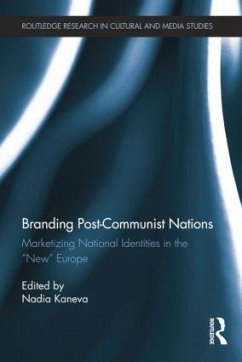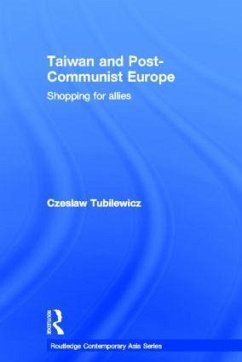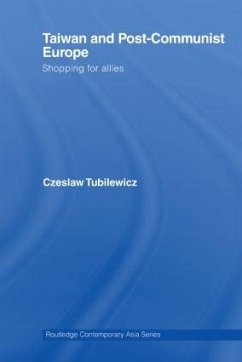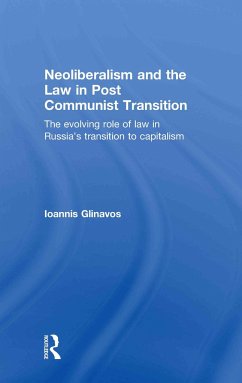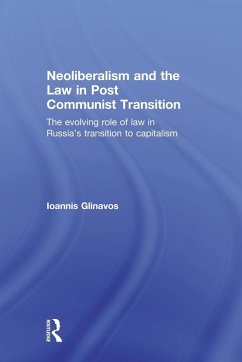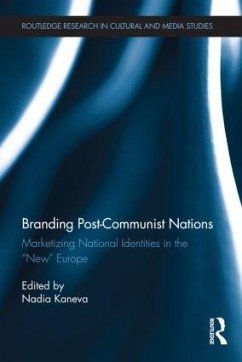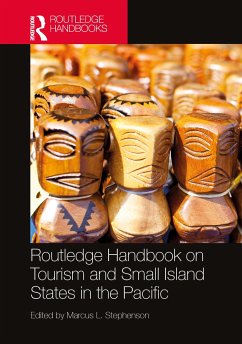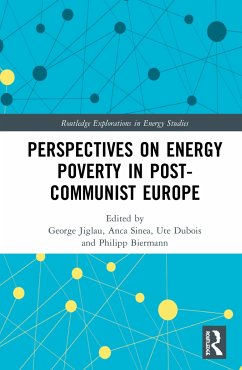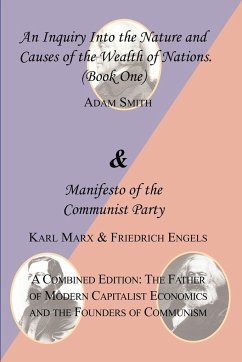
Tourism in Post-Communist States
Central and Eastern Europe
Herausgeber: Niewiadomski, Piotr
Versandkostenfrei!
Versandfertig in 1-2 Wochen
149,99 €
inkl. MwSt.
Weitere Ausgaben:

PAYBACK Punkte
75 °P sammeln!
This book addresses tourism and its development in the post-communist context of Central and Eastern Europe (CEE). The book consists of 14 chapters (divided into two sections), a new introduction and a reflective concluding section. All 14 main chapters in this book were originally published in the Tourism Geographies journal.





